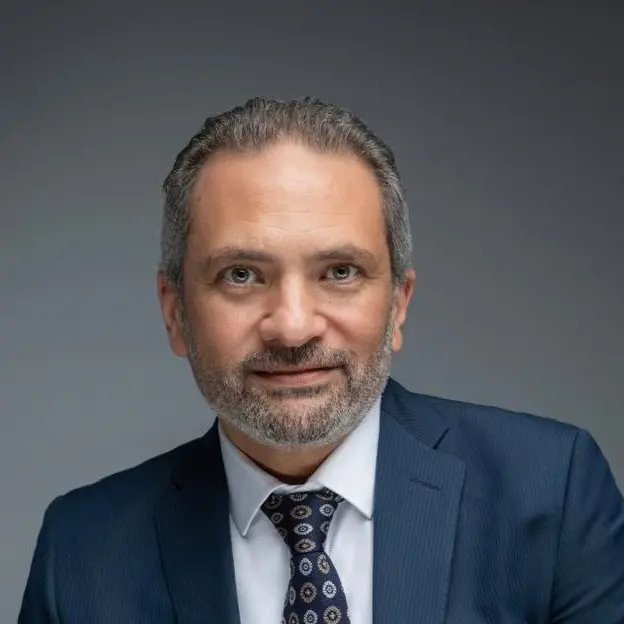PHOTO
Doha – Dr. Rayaz Malik, professor of medicine and assistant dean for clinical research partnerships at Weill Cornell Medicine-Qatar (WCM-Q) and senior consultant physician in endocrinology and diabetes at Hamad Medical Corporation, has been ranked the number one researcher in medicine in Qatar for the third year in a row by Research.com, an independent research portal that compiles a global list of high-achieving scientists each year.
The Research.com list also ranked Dr. Malik among the top 10,000 researchers in medicine in the world, placing him at number 8,350. The ranking is based on an analysis of the number of influential pieces of research authored by the scientist, combined with awards, fellowships and academic recognition they have received from leading research institutions and government agencies. To date, Dr. Malik has published 729 scientific papers, and his work has been cited 40,188 times. The majority of his research (over 350 papers) has been published since he joined WCM-Q from the University of Manchester, UK in June 2014.
Dr. Malik said: “Our clinical research program is now recognized internationally, with Qatar ranking second in the world for publications in diabetic neuropathy, with a Relative Publication Output per capita (RPOP) of 18.01 publications per inhabitant. I am very grateful for the support from WCM-Q and the investment in research infrastructure made by Qatar Foundation and the Ministry of Public Health.”
Dr. Malik added: “According to the Global Burden of Disease study published in Lancet Neurology in 2024, neurodegenerative diseases affect 3.4 billion people across the world and diabetic neuropathy, characterized by pain, numbness and ulcers with lower leg amputation, has witnessed the biggest increase (92%) in disability-adjusted life years (DALYs) from 1990 to 2021. The key to improving patient’s lives with neurodegenerative diseases is earlier diagnosis and treatment.”
With this as a key focus, Dr. Malik and his team have pioneered use of the Corneal Confocal Microscope (CCM), a rapid eye scan to diagnose and predict progression of diabetic neuropathy, Parkinson’s disease, multiple sclerosis, dementia, schizophrenia and autism, among other conditions.
Dr. Malik also said: “Our clinical research program could not have been so successful without our very positive collaborations with clinicians and researchers in major healthcare institutions across Qatar, including diabetes and endocrinology and neurology and the Clinical Trials Unit in Hamad Medical Corporation; endocrinology and gastroenterology in Sidra Medicine and several key departments in Hamad Bin Khalifa University and Qatar University.”
About Weill Cornell Medicine-Qatar
Weill Cornell Medicine-Qatar is a partnership between Cornell University and Qatar Foundation. It offers a comprehensive Six-Year Medical Program leading to the Cornell University M.D. degree with teaching by Cornell and Weill Cornell faculty and by physicians at Hamad Medical Corporation (HMC), Sidra Medicine, the Primary Health Care Corporation, and Aspetar Orthopedic and Sports Medicine Hospital, who hold Weill Cornell appointments. Through its biomedical research program, WCM-Q is building a sustainable research community in Qatar while advancing basic science and clinical research. Through its medical college, WCM-Q seeks to provide the finest education possible for medical students, to improve health care both now and for future generations, and to provide high quality health care to the Qatari population.
For more info, please contact:
Hanan Lakkis
Associate Director, Media and Publications
Weill Cornell Medicine - Qatar
hyl2004@qatar-med.cornell.edu



















